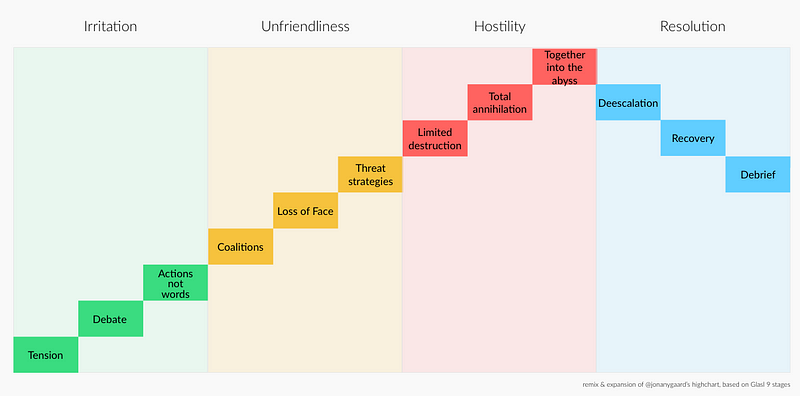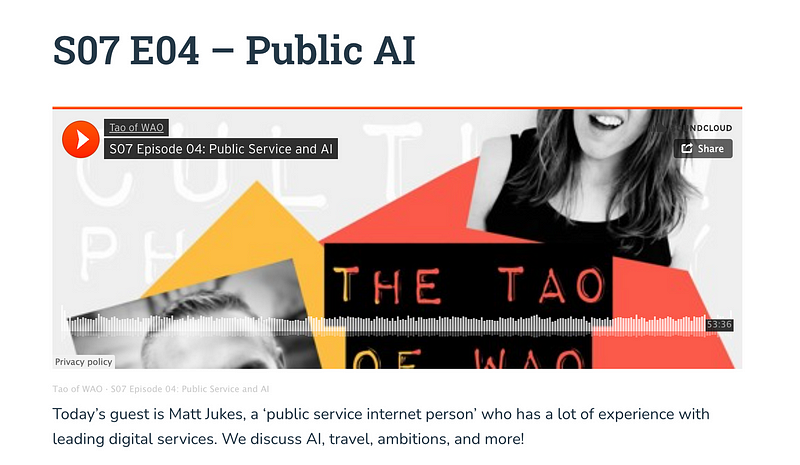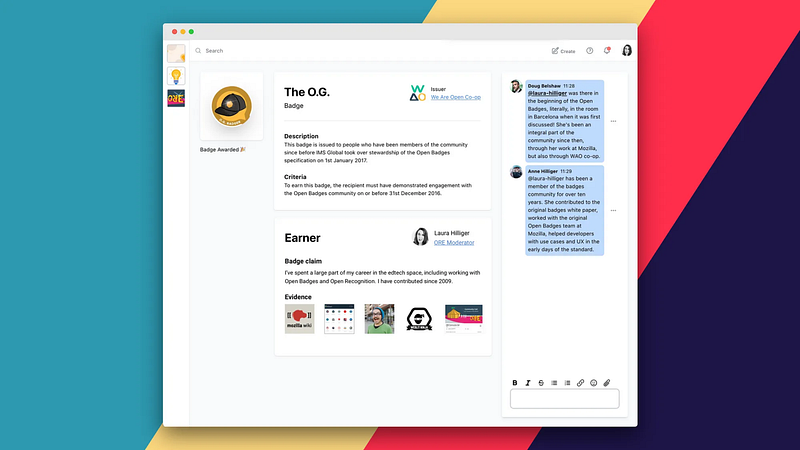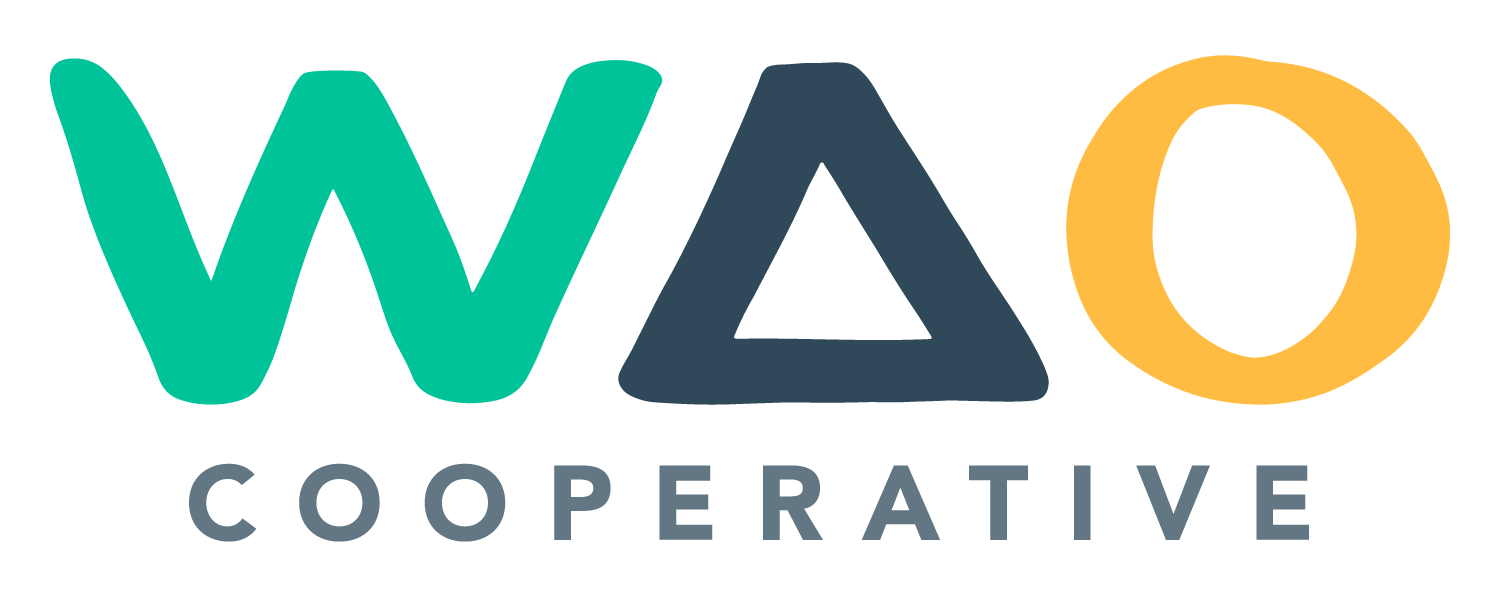#4: The One with the Community Recognition
Last time around, we shared advice on how to rebrand a community, some recommendations around Open Badges platforms, and a podcast about…

Last time around, we shared advice on how to rebrand a community, some recommendations around Open Badges platforms, and a podcast about ‘Cognitive Liberty’.
Today, we’ve got the third in a series of posts by Laura Hilliger about our work on Critical Incident Training with Greenpeace, one from Doug Belshaw about endorsement practice using Open Badges, and a podcast episode featuring Laura and Doug where they discuss AI and other subjects with Matt Jukes.
Let’s dive in!

Discovering a Multimodal Training
As mentioned in previous newsletters, WAO worked with Greenpeace Internationalto design the Critical Incident Network (CIN) Advanced Comms training programme. Focused on preparing individuals for crisis scenarios, the four-week learning programme incorporates stress elements and offers a structured curriculum. It aims to develop skills in decision-making, collaboration under pressure, and stress resilience. The training emphasises the importance of a safe learning environment through scaffolding and continuous assessment, and it advocates for building a community of practice to enhance peer-to-peer learning and engagement.

Tao of WAO podcast
In the fourth episode of Season 7 of our podcast episode, we talk to Matt Jukes, a public service internet person, about AI, travel, ambitions, and more!
Get it wherever you get your podcasts, or stream via SoundCloud below.

Endorsement using Open Badges and Community Recognition
This post explores the role of Open Badges in community recognition, emphasising the importance of self-issued badges to avoid reinforcing existing power dynamics. We presents two methods for adding credibility through endorsements: one confined to a specific platform that allows peer recommendations, and another that is platform-agnostic, using Verifiable Credentials linked to the original badge.
📡 Signals
Links from around the web about things we think are (or could be) important relating to our work on sensemaking and digital transformation:
- Kids Deserve Privacy Online. They’re Not Getting It. (The Atlantic) — an article highlights the pervasive surveillance children face online, with companies collecting extensive data on them from a young age. Despite existing regulations, compliance is inconsistent, with the article calling for parents to take primary responsibility in safeguarding their children’s online privacy, advocating for more thoughtful sharing of information, and respect for children’s growing autonomy. After all, kids grow up into adults.
- How to say goodbye to important ideas (Rachel Botsman) — a discussion of letting go of ideas, particularly those that never come to fruition. The author her personal criteria for deciding whether to pursue a book idea, emphasising the importance of intrinsic motivation and a long-term commitment to the concept.
- Centaurs and Cyborgs on the Jagged Frontier (Ethan Mollick) — insights from a study which found that consultants using ChatGPT-4 significantly outperformed those who did not in various tasks. However, the study also highlights the “Jagged Frontier” of AI, indicating that while AI can excel in certain tasks, it can fail or mislead in others.
- Manifesto for Wholesome Cooperation: A Sociocratic Perspective (GEO) — this article discusses the synergy between sociocracy and cooperativism as effective governance models for organisations. It notes that both systems are rooted in the idea that humans thrive in cooperative, social environments.
- The Fine Art of Naming a Group Chat (The New York Times) — exploring the importance of naming group chats, pointing out that that the name often serves as a reflection of the group’s identity and dynamics. Various approaches to naming are discussed, from democratic decision-making to long-standing names that carry emotional weight or historical significance.
👋 That’s it for this week! Don’t forget to share with your colleagues, etc.

Discussion